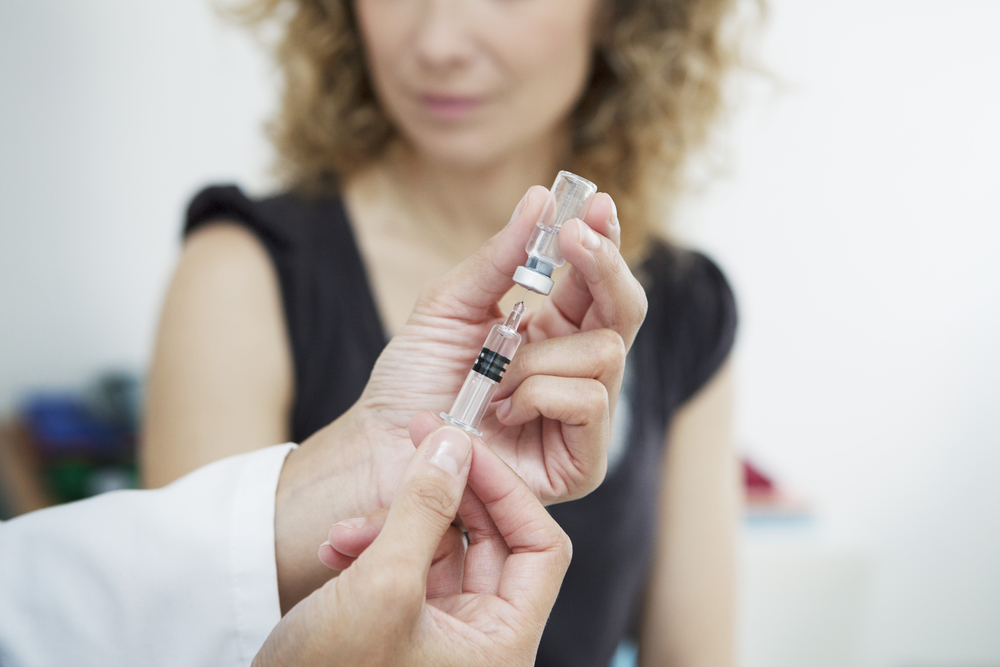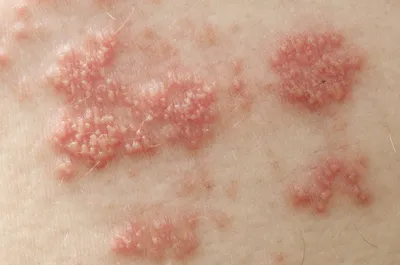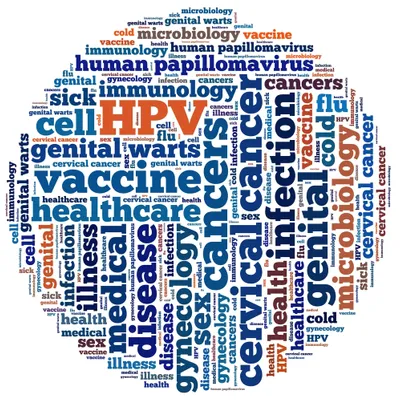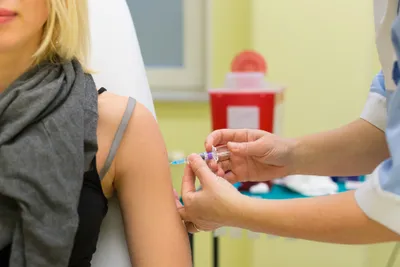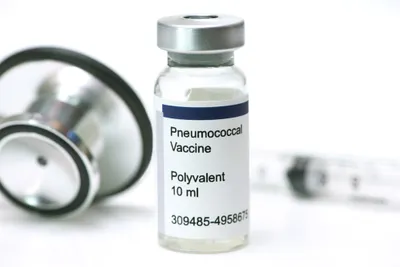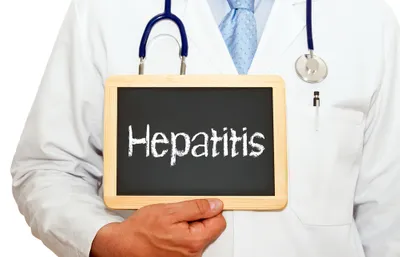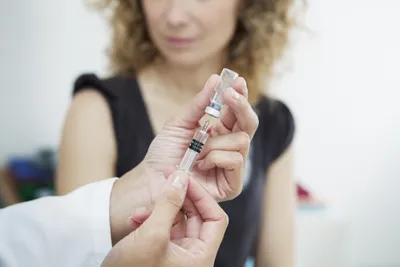Getting vaccinated is stressed for children, especially since they’re in close quarters in day cares and schools and can be exposed more to viruses (not to mention having less developed immune systems). However, while you should follow the schedules for child vaccinations from the Centers for Disease Control and Prevention (CDC), you should definitely protect yourself too.
The shots recommended for adults are not always the same as the ones for children, and can be advised by your doctor especially if you have certain health conditions. A physician can also warn you about the dangers of a certain vaccine in some cases, for example if you’re pregnant. Let’s have a look at six key vaccines you should get beyond the age of 18-years old…
1. Shingles (Zoster Vaccine)
If you’ve never had shingles, you’re lucky—it is a potentially excruciating nerve infection that strikes adults and is caused by the varicella-zoster virus. The CDC notes you should get the zoster vaccine if you’re in the 60 to 64-age bracket (even if you’ve had shingles before).
This same virus is responsible for chickenpox in children and teenagers, and the virus can reappear later in life (one in 3-people will get shingles in their lifetime). If you have shingles, you can’t directly pass it to someone else, but you can still infect someone with chickenpox who has never had the latter illness.
2. Human Papillomavirus (HPV)
This vaccine is aimed at young adults, and the CDC said about one in four people is currently infected in the country. This particular virus can trigger cancer in men (penile cancer), and in women (cervical and vaginal cancers).
While the CDC said these vaccines should also be given to preteens, Vaccines.gov (managed by the U.S. Department of Health) notes the vaccine can be given to those who didn’t receive the initial vaccinations—3-doses for women until 26-years of age, and 2-doses for men to age-21 (or 26 if there are other risk factors).
3. Influenza (Flu Shot)
While young people are urged to get a flu vaccine for the seasonal virus that can cause fever, coughing and other symptoms, older people are urged to get the shot as well. You don’t build up immunity over the years because the strain of flu changes from season to season.
The U.S. Library of Medicine (National Institutes of Health) notes that more than 60-percent of trips to the hospital related to flu involve patients 65-years or older. The source strongly recommends that adults aged 50 and over gets the shot (but everyone should talk to their doctor about it at any age).
4. Pneumococcal Disease (PCV13 and PPSV23)
This disease can lead to a number of potentially fatal infections, especially for older adults. They include pneumonia, meningitis, and bloodstream infection, and they kill close to 20,000 seniors each year, explains the National Foundation of Infectious Diseases.
While the PCV vaccine is recommended for younger patients, there are 2-vaccines usually administered for those aged 65 or older, notes the source. These include the pneumococcal conjugate vaccine (PCV13) and a pneumococcal polysaccharide vaccine (PPSV23). The site notes that these vaccines cannot be given during the same visit.
5. Hepatitis A
WebMD says this vaccine for adults can prevent a serious liver disease spread through close personal contact or contaminated water or ice—which is why you may see ads about this vaccine for travelers.
The source notes that adults who contract Hep-A are more likely to display symptoms than children. These symptoms can last for weeks and include fever, fatigue, jaundice, nausea, and severe stomach pain. It can be fatal in rare instances. A supplementary shot of immune globulin (IG) can be considered for older adults and those with compromised immune systems.
6. Tetanus, Diphtheria, and Pertussis (Td/Tdap)
These are three potentially life-threatening diseases that are covered by one combination vaccine. Tetanus enters the blood through a wound and can cause lockjaw; diphtheria can make it difficult to breathe, while pertussis is whooping cough, which is especially dangerous for babies but also for adults.
WebMD explains that the Tdap vaccine for adults is not to be confused with the DTaP vaccine you received as a child. While Tdap will protect you from all three aforementioned health conditions, Td on its own is a booster (an additional dose to periodically stimulate the immune system) and does not cover whooping cough, notes the source.
